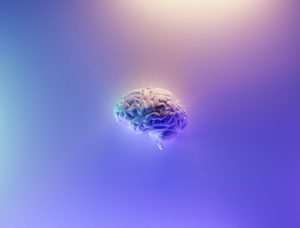Post-Traumatic Stress Disorder (PTSD) is a severe mental health condition that affects millions of people globally. It is a type of anxiety disorder that develops after a traumatic event such as combat exposure, sexual assault, physical violence, or natural disasters. PTSD can have a significant impact on a person’s daily life and relationships, but with the right support, individuals can recover and lead fulfilling lives.
What is Post-Traumatic Stress Disorder (PTSD)? PTSD is a mental health condition that can develop after exposure to a traumatic event. The symptoms of PTSD can be intense and persistent and can include flashbacks, intrusive memories, avoidance behaviors, and feelings of guilt, shame, or hopelessness. These symptoms can be extremely distressing and can make it challenging for individuals to lead a fulfilling life.
What are the Symptoms of PTSD? PTSD can cause a wide range of symptoms, and these can vary from person to person. Common symptoms include:
- Re-experiencing the traumatic event through intrusive memories, nightmares, or flashbacks
- Avoidance behaviors, such as withdrawing from friends and family or avoiding activities or places that remind you of the trauma
- Hyperarousal symptoms, such as irritability, anger, and difficulty sleeping
- Negative thoughts and feelings, such as guilt, shame, or a sense of hopelessness
When to Seek Help for PTSD If you or someone you know is experiencing symptoms of PTSD, it is important to seek help. PTSD can be a debilitating condition, but with the right support, individuals can recover and lead fulfilling lives. Some signs that you may need help include:
- Intense feelings of distress that do not go away
- Difficulty functioning in daily life
- An increase in substance abuse
- Suicidal thoughts or behaviors
Forms of Treatment for PTSD There are several effective treatments available for PTSD, and the right treatment will depend on the individual’s needs and preferences. Common forms of treatment include:
- Cognitive-behavioral therapy (CBT)
- Exposure therapy
- Eye Movement Desensitization and Reprocessing (EMDR)
- Medications
- Group therapy
What to Expect from Therapy for PTSD When seeking help for PTSD, it is important to find a therapist who is experienced in treating trauma-related disorders. During therapy, individuals will work with their therapist to understand and manage their symptoms, process the trauma, and develop healthy coping mechanisms. Therapy for PTSD can be a long-term process, but with persistence and dedication, individuals can make significant progress and lead fulfilling lives.
In conclusion, PTSD is a serious mental health condition that affects millions of people globally. If you or someone you know is experiencing symptoms of PTSD, it is important to seek help. With the right support, individuals can recover and lead fulfilling lives.




